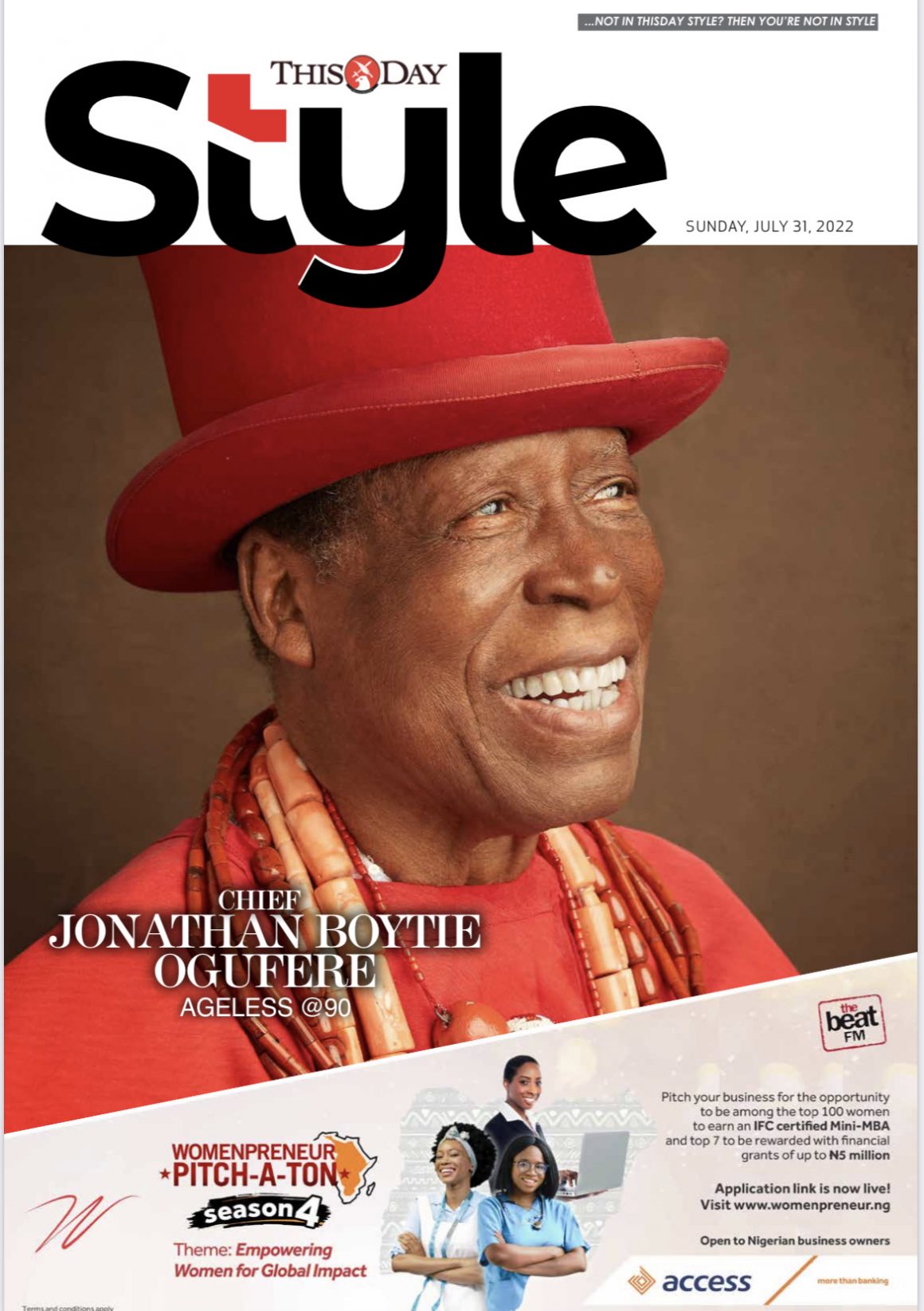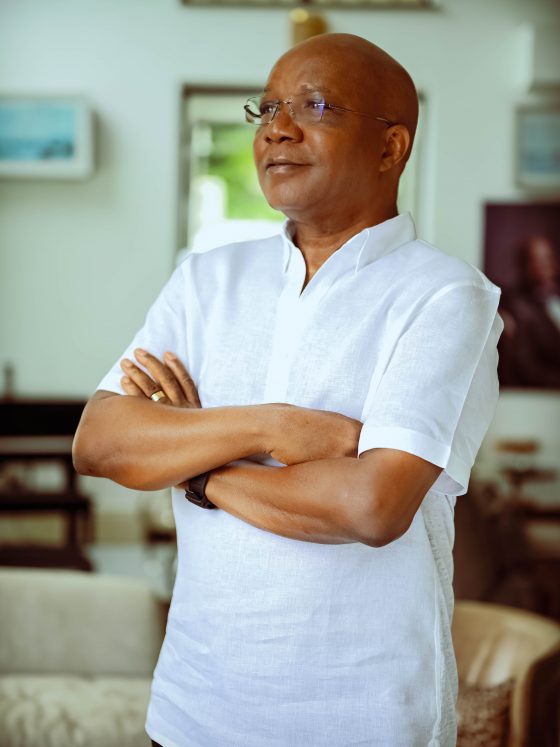The first thing you notice about Chief Jonathan Boytie Ogufere is his bubbly and energetic spirit, which belies his age. At 90, he is older than the country and has lived through the best and worst of her existence. Even more interesting is the loads of amazing stories he has to tell about it, like being chosen as one of the telegraphists who was presented with letters of commendation for their excellent performance during the visit of Her Royal Majesty the Queen of England. There’s also another one about his involvement in the Federal Government’s post-war activities of ‘Reconciliation, Rehabilitation and Reconstruction and his career in sports development, particularly the area of football. An upright gentleman, his life experiences prove that a good character is the only guarantee of everlasting, carefree happiness. While there’s no universal definition of a good life, we can learn from the teachings of great minds like Chief Ogufere to define our own good lives. In this interview with Funke Babs Kufeji, he shares some of these stories with us and the joys of turning 90.
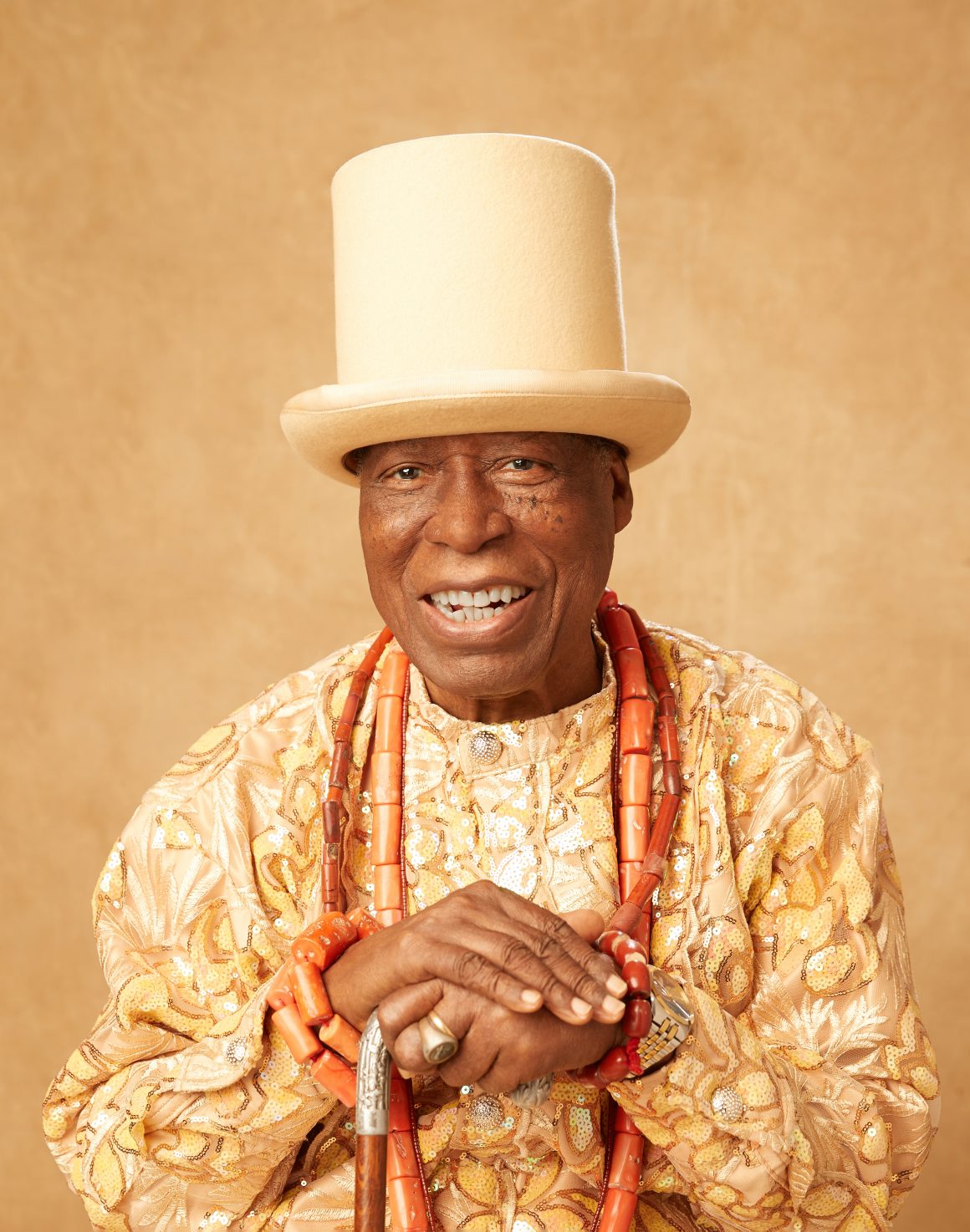
Being a civil servant in Nigeria is not as prestigious as it used to be as it is now plagued with corruption, half-baked school leavers and more. Tell us what the civil service was like in your time and some of the memorable times you had?
Before answering these questions, let me use this medium again to express my gratitude to Almighty God for making me what I have been in His mercy, grace and divine favour to my family and me.
In answer to your question, the Nigerian civil service in the pre-Independence era was fashioned by the Colonial Government like the British pattern, which was stringent in appointing only qualified personnel into the service. When appointed, they were regularly subjected to rigorous training and orientation and in-service-trainings as the personnel’s rank and training needs demanded efficiency and reliability. Promotions were based on performance, honesty, credibility, character, productivity, etc., not by any biased means or ethnic sentiments, or corruption.
For example, I recall a time when seven of us (six males and one female) were appointed as pioneer Assistant Telecommunication Controllers in 1957 in Lagos. After our training, we were to be posted to the then Lagos Capital City and the three Regional Headquarters. Our expatriate boss Mr E. A Richardson sought our consent that the only female in our ranks, the then Miss Elizabeth O. Jacob, now Mrs Elizabeth O. Nwaeze, should be retained in Lagos. He explained that the other postings would be through the casting of lots to avoid suspicion of favouritism. He then proceeded by putting in a hat six pieces of paper in which he had written Ibadan in two, Kaduna in two and Enugu in two. He subsequently asked the six of us to pick one each. That was how our postings were implemented and how my colleague and I were posted to Enugu. The other colleagues were posted to Ibadan and Enugu, respectively, and no one had any cause to complain or grumble. That example of fair play and justice had a lasting impression on our minds.
Over time, I served in Lagos, Benin City. Coincidentally, I saw the dawn of Nigeria as an Independent Nation in Enugu in 1960 and the end of the Nigerian Civil War in {Enugu in 1970. I also participated in the Federal Military Government’s Reconciliation, Rehabilitation and Reconstruction programme after the Civic war in Enugu. Finally, after my transfer to Lagos in 1976, I attained the zenith of my career when I was promoted to my branch head before my retirement in 1986.
I used sports as an effective instrument of friendship, entertainment and unity and being people-oriented, I founded the P & T “Rockets ” FC of Benin City in 1967 and the P & T “Vasco Da Gama” FC of Enugu in 1970; I was, in addition, a member of the Board of the Nigeria Football Association spanning a period of over ten years.
In recognition of my performance and efforts, “Ogufere Street” was named after me in Enugu by the State Government, and the street still exists today.
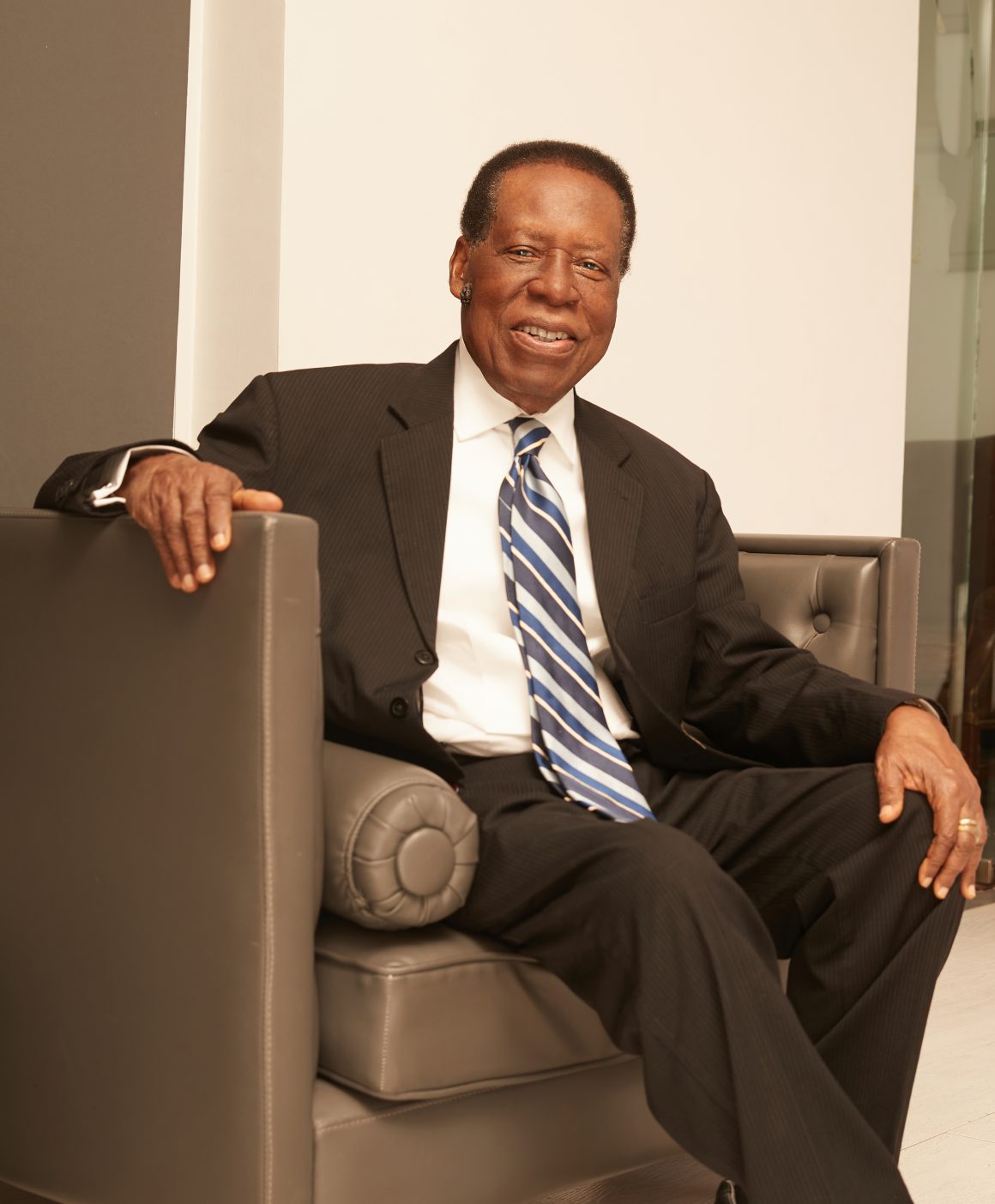
You were privileged to have served at a time when things worked properly in the civil service. Nowadays, we hear of pensions/salary delays, workers not putting in their best and more. What do you think caused the shift?
The Civil Service was considered the most secured employment sector in the past, with salaries paid regularly and unfailing pensions paid regularly. However, the office of Permanent Secretary, considered a career appointment, became politicized, adversely affecting the entire system with a consequent rise in corruption.
You were one of the 12 telegraphists specially selected from the Posts and Telegraph Department to work as part of the Royal entourage when HRH Queen Elizabeth II and her consort, the Duke of Edinburgh, visited Nigeria in 1956. Tell us about your experience working as part of the Royal Entourage?
Barely five years after joining the Post and Telegraph Department, it was incredible and exciting to have been selected after rigorous interviews and training to be part of the entourage as back room crew that accompanied HRH Princess Elizabeth and her Royal consort, the Duke of Edinburgh on their visit to transmit telegraph messages pertaining to the Royal visit to the colonial office in the United Kingdom and the media houses from the reporters that covered the visits. It was a highly motivating and life-changing experience as we travelled from Lagos to Ibadan, Enugu, Port-Harcourt, Kaduna, Jos and Kano and saw the glamour, pomp and pageantry and display of the various culture and traditions of our country. We performed our functions efficiently, diligently and successfully, and this resulted in our receiving letters of commendation from the director of the Post & Telegraph department for a job well done.
It’s amazing that you witnessed the Queen’s Platinum Jubilee this year in June. Did this bring back any memories?
From the vantage point of my service during the first visit of HRH in 1956, there has always been this nostalgic feeling at every stage of the glorious and wonderful life of Her Royal Majesty Queen Elizabeth ll as she became a peculiar personality of interest in me.
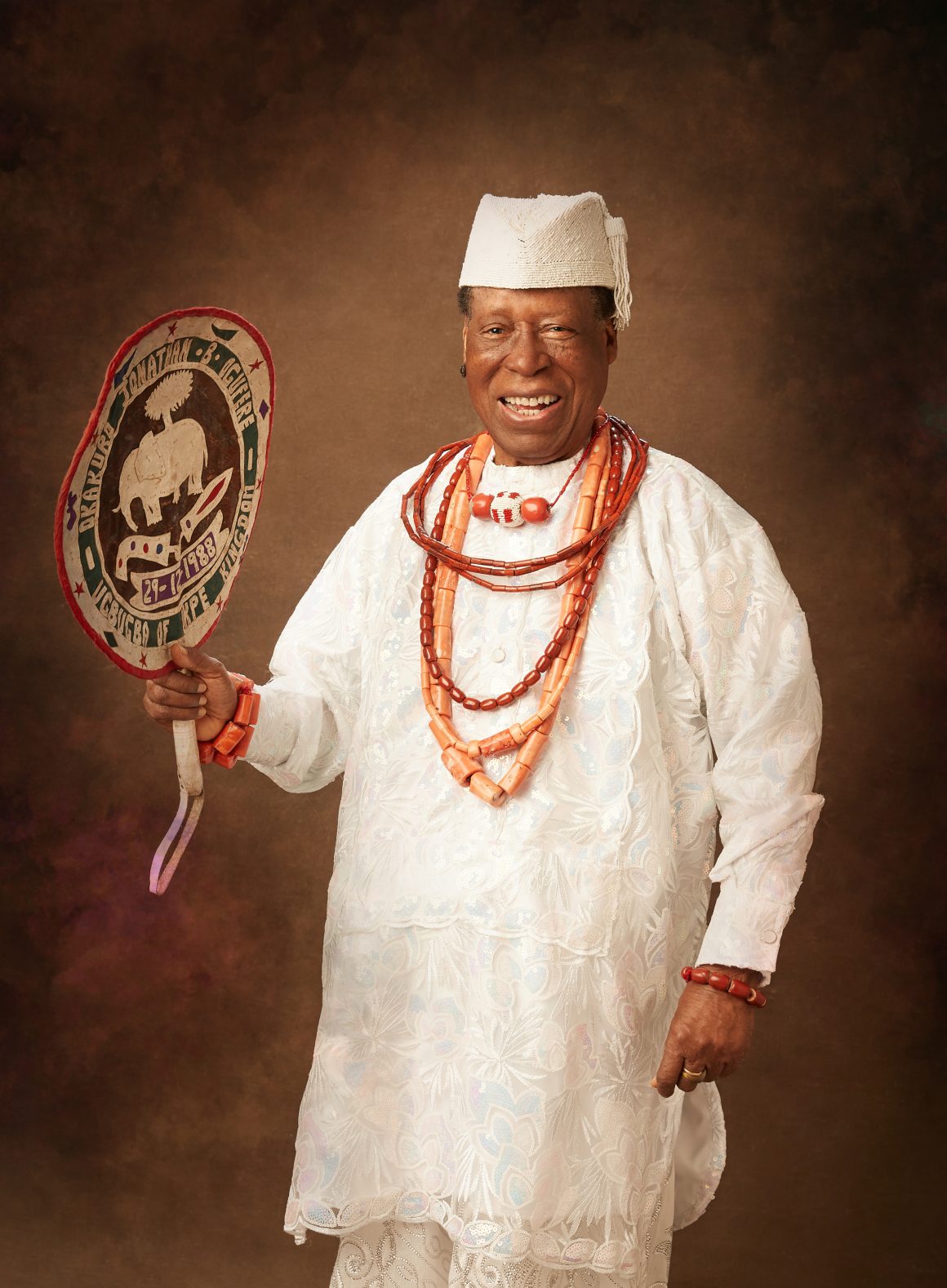
You were also passionate about sports in your days, especially Football and made an impact in the sector, even owning your football clubs, 1966 P& T “Rocket” and 1971 P&T “Vasco Da Gama”. What was it like running a football club in those days?
Coming from a football background in Sapele, Port-Harcourt, Enugu, where I was the executive of Enugu Black Rocks Football Club in 1959 and Lagos, I learnt a lot from the history of great pioneers like Chief Festus Okotie – Eboh. At the time, he founded the Bata Football Club of Sapele before he became the first Minister of Finance in the First Republic. The famous Lekan Salami of WNDC, later IICC FC of Ibadan, Chidiack the Lebanese, Orok Oyo and others who ran the Port-Harcourt “Red Devils” Football Club, as well as Justice Chuba Ikpeazu (SAN) founder of Ikpeazu Redoubtables of Onitsha and Chief Israel Adebajo founder of Stationery Stores Football Club of Lagos. However, what spurred me into Football, Management, Administration, and Ownership was the bitter pill of the defeat of the Nigerian National team, then the “Red Devils”, by Ghana by seven goals to 2 in the 50s at the Accra sports stadium. After that, I resolved to play a positive role in making Nigerian great in Football. It takes a lot of passion, finance, time, devotion and some elements of luck to run a successful football club.
What major feat were you able to achieve with the club, and what happened to your football clubs?
In Benin City, like most other towns other than Lagos, National competitions such as the Challenge Cup or FA Cup teams were represented by combined town teams other than clubs. However, in 1967 the emergence of P & T Rockets FC led to the formation of other clubs such as the Vipers FC, Bendel Insurance FC of Benin City, etc. This also was the case in other cities as it was discovered that in a city like Lagos, teams like Railways, Marines, ECN, UAC, and Stationery Stores were more cohesive and formidable than town teams hurriedly put up. Similarly, In Enugu, for instance, P & T Vasco Da Gama became strong rivals to Enugu Rangers. P & T Vasco Da Gama was one of the teams that started the National League. In the final of the League in 1973, they were third on the final table behind Rangers FC and Mighty Jets of Jos FC, a position that one analyst said hardly reflected the team’s performance as it was very formidable at the time.
The restructuring of the Post & Telecommunication Department in 1985 into two corporate bodies of NITEL and NIPOST led to the dwindling fortunes of both clubs. The brand P & T Vasco Da Gama was sold to what today constituted Akwa United after I had left the service.
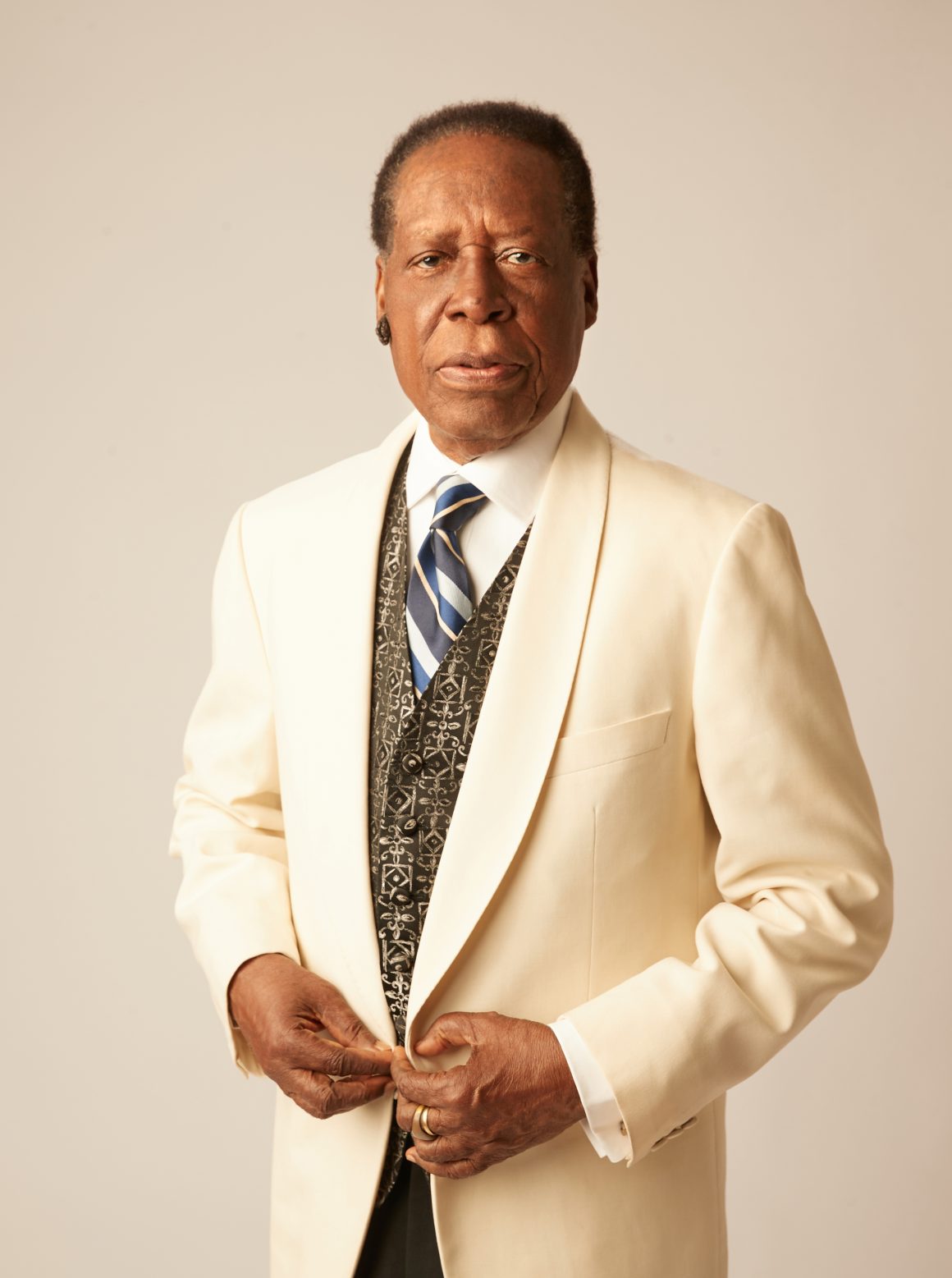
You witnessed and experienced the Nigerian civil war from 1967-1970. What was Nigeria like in those years, and why is it important that Nigeria never goes through war again?
I was in Benin City in Mid-West during most periods of the civil war and in Enugu three days before the end of the Civil war. The period in question was a period of fear and horror when people ran helter-skelter, and the scarcity of rare commodities resulted in hunger and starvation. This was accompanied by a high sense of insecurity and total devastation of the economy, destruction of properties and loss of millions of lives. It was an experience we as a Nation should never pray to go through again.
You were involved in the post-war activities of “Reconciliation, Rehabilitation and reconstruction. Tell us how all the three r’s were achieved?
Having served in Enugu in 1957 and from late 1959 to 1962, I was well known by most P & T Department staff in the then Eastern Region; I also knew a good number of the senior staff. At the war’s end, I took office as the territorial controller of the then East Central State. When the staff were asked to report to Enugu, they met someone they were familiar with. This helped tremendously in establishing a cordial and working relationship. When the Federal Military Government came up with the Reconciliation, Rehabilitation and Reconstruction programme, my team undertook a tour and survey of P & T facilities in the East Central State. After that, I launched the P & T Sports and Welfare Club to serve as a vehicle for Reconciliation. This was followed by providing interim postal and telecommunication facilities to enable families separated by the civil war to be linked up with their loved ones in other parts of Nigeria and the diaspora. The next phase of Rehabilitation started with a comprehensive survey of postal and telecommunication facilities and their reconstruction. As the movement of plants and equipment required by P & T and other Government departments from across the Niger to the war-devastated East Central, Rivers and Cross River States commenced, the interim Rehabilitation of the war-damaged Niger bridge was given priority. This facilitated the Rehabilitation and Reconstruction process.
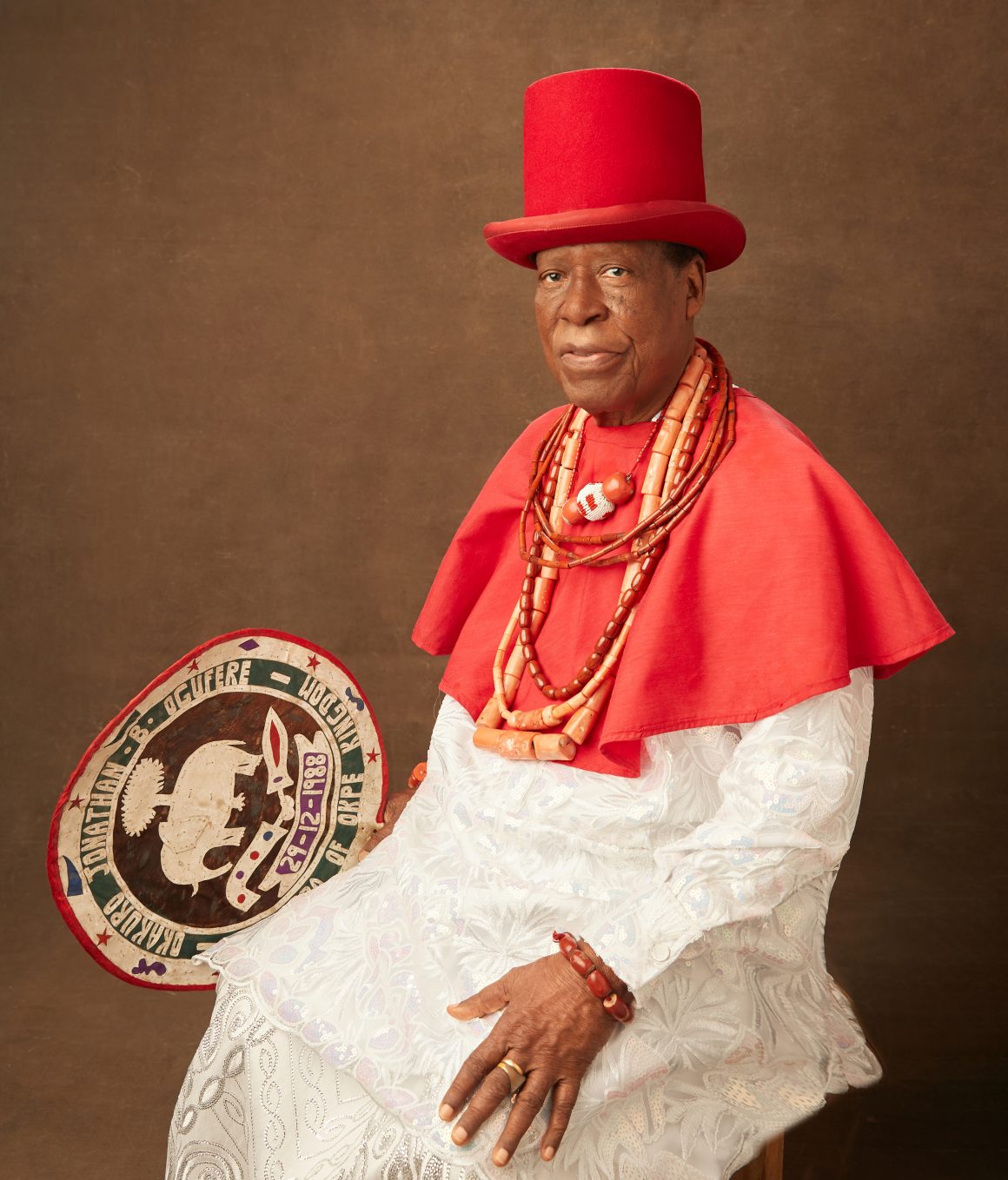
Are any of your children following in your footsteps in sports or toeing the line of civil service?
Yes. As sports teach one the spirit of fair play, certainly the children have imbibed that spirit through my lifestyle and actions. Practically, some of them have taken to other sports other than Football. Three of my children belong to Golf Clubs in Ikoyi, Chicago and London, respectively. The nearest to Football is my grandson Obaro, a talented Rugby player in his County in London. Regarding my offspring’s profession and career inclinations in the first part of the question, I will say it is widespread. However, their career inclinations are mainly in the private sector and cooperate bodies in Nigeria and the diaspora.
What memories do you have about Nigeria growing up?
Indeed, it is common to talk about the good old days, but I believe that Nigeria is in the process of evolution, and the country will live to the vision of the founding fathers as a great Nation.
Turning 90 is a big deal, and I celebrate you, sir. Please tell us what the most rewarding things about getting older are?
I have always said that I have not taken for granted the attainment of my age but attribute it to the mercy, grace and favour of the Almighty God. The most rewarding things about getting older are acknowledgement, respect and recognition.
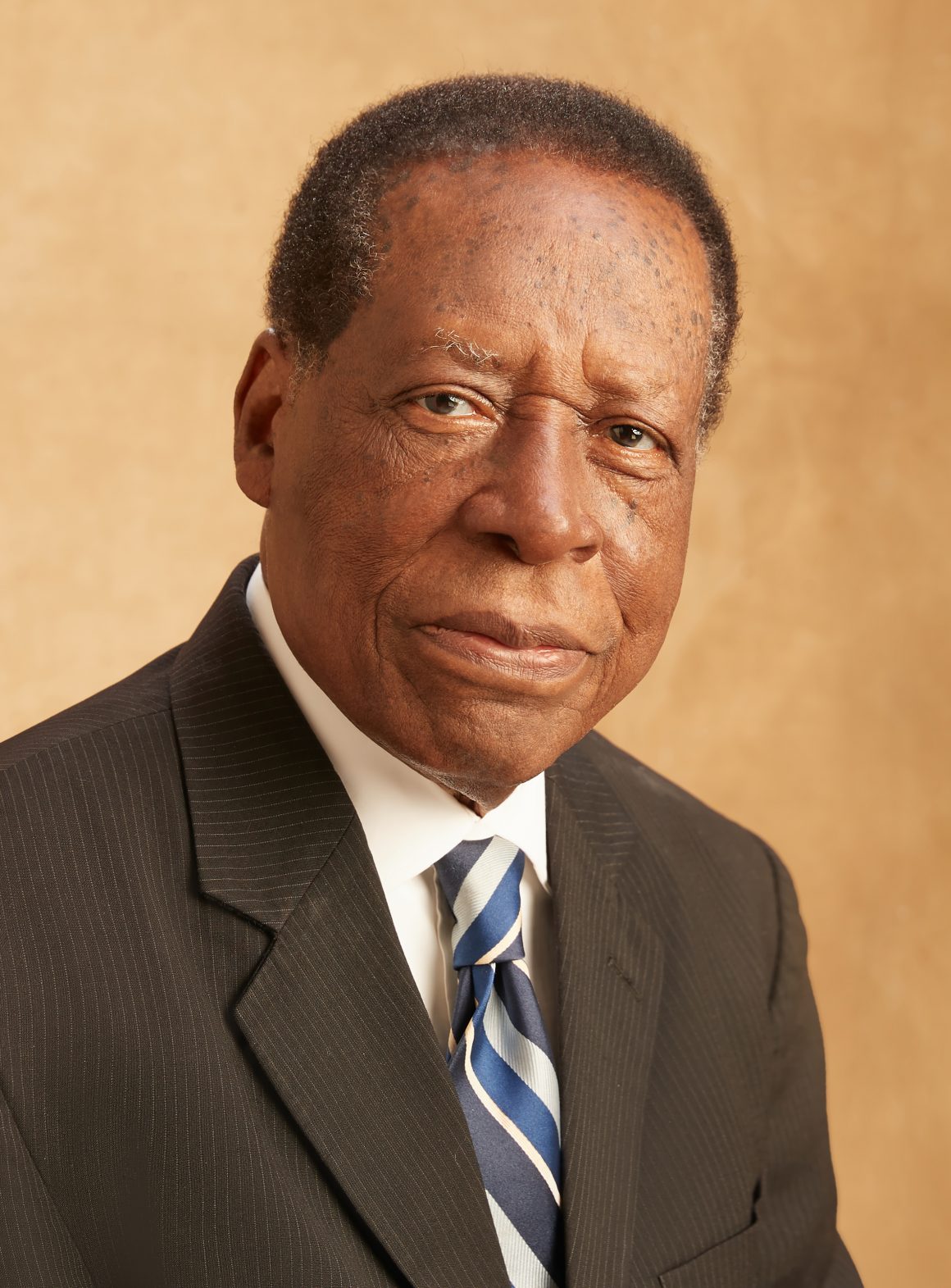
What are the activities you miss most that you aren’t able to do now?
God Almighty has been wonderful in His love, kindness and favour to me since I can still do most of the things for which He placed His talents in me. I pray I will continue to devote myself to charitable endeavours for the remaining years of my life.
What are the most important lessons you’ve learned in your life?
I have let my life be driven by the “Golden Rule”: “Do unto others as you wish them to do unto you”. Besides, I found it imperative early in life to be fair to all and in my dealings with people. Above all, my life has been anchored on the virtue of “Service”. Service to God, service to man, my country, and myself.
What life advice would you pass along to the younger generation?
First and foremost is total belief, faith and trust in Almighty God. Serve and obey Him. Have attainable goals, be modest in life and actions, and be disciplined and hardworking. Appreciate the virtues of perseverance. Patience and tolerance should be imbibed while not neglecting charity and benevolence. Also, building good relationships with our fellow humans will ultimately result in a successful life and self-fulfilment.

